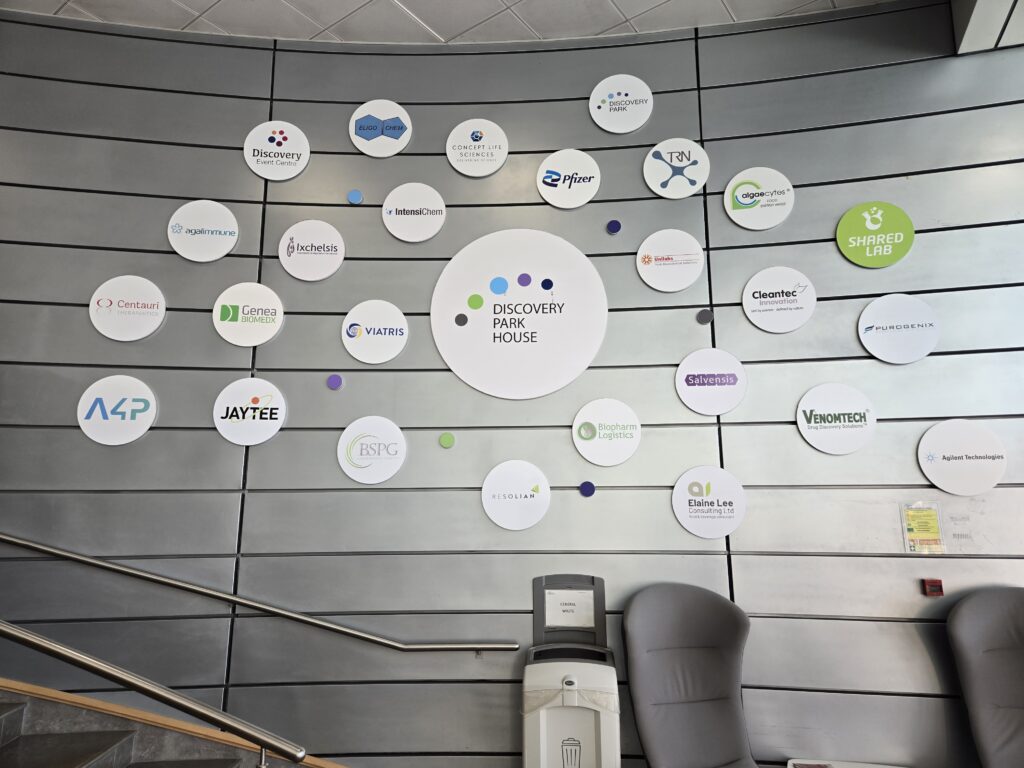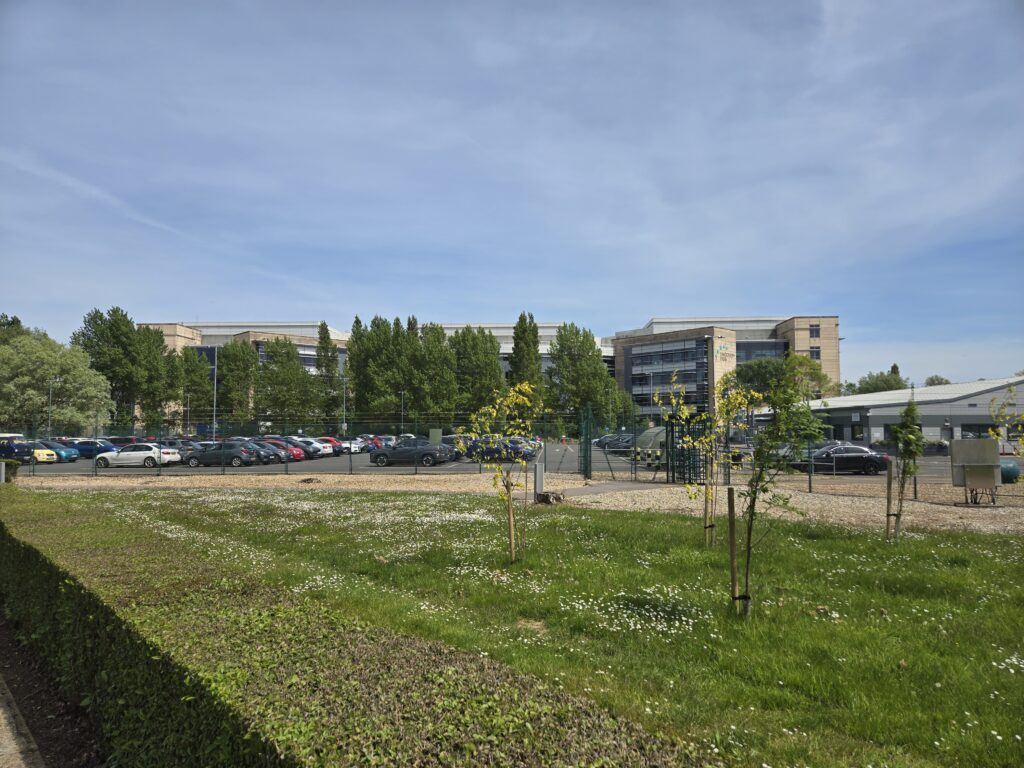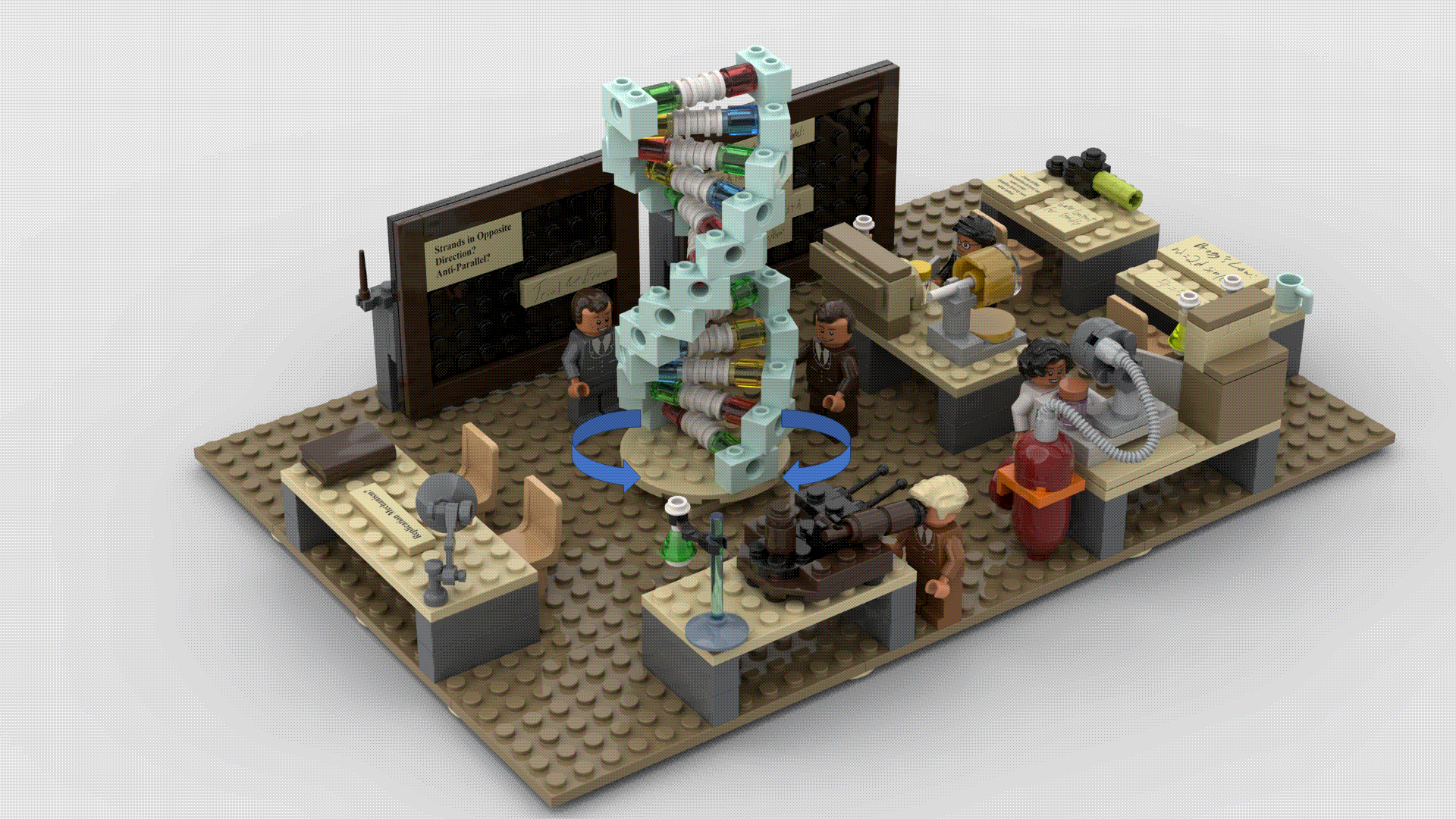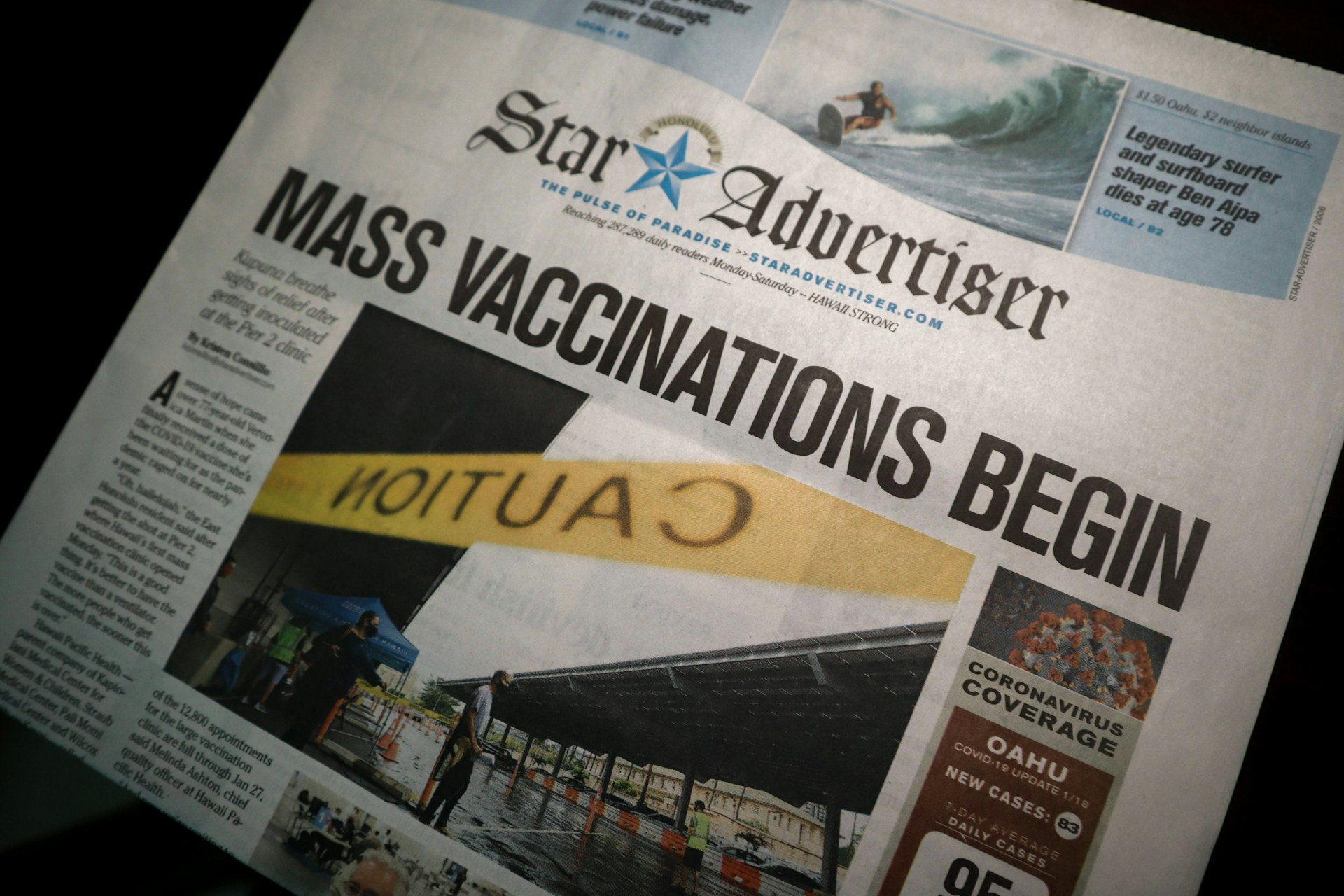
While I went through my PhD studies, I assumed that universities were the only places scientific innovation occurred. That paradigm stayed with me until I encountered the early-stage biotech startups. While I searched for post-PhD career opportunities, I learned about the biotech research park. These facilities provide the means to generate, attract, and retain biotech companies spun off from universities as well as public, private, and federal research laboratories.
Research parks are indispensable for advancing biotech research. They provide an accessible way to connect with other researchers, obtain cutting-edge facilities, and gain business support. These features offer many resources that a burgeoning science founder would need to bring their scientific ideas to life.
Many biotech parks worldwide have people dedicated to revolutionizing medical care. In Hamilton where GenoWrite resides, we have the McMaster Innovation Park. But while I was attending the 2024 London Biotechnology Show, the Discovery Park in Kent delegation invited me to tour their facility. Before and during my visit to southeastern England, I was delighted to learn how the innovation facility advances biotech research for diverse disciplines and ethnicities.
I interviewed Discovery Park’s Chief Business Officer, Jane Kennedy to see how the park in Kent is helping founders think beyond the ‘Golden Triangle’ of London, Cambridge, and Oxford to grow the biotech industry throughout the United Kingdom.
The Interview
PN: Let’s start by talking about Discovery Park. What’s your biggest selling point for biotech companies looking for a workspace?
JK: Discovery Park is one of the largest science and technology campuses in the UK with a rich heritage in pharmaceuticals and life sciences and world-class facilities which enable biotech companies to grow their operations.. Over our 220 acres, we bring together science entrepreneurs and leaders and currently house around 180 companies including startups, R&D firms and contract research organizations as well as complementary businesses such as IP lawyers, accountants and recruiters. One of our biggest selling points is that the park offers space for every stage of business growth, from our CoLab which supports very early-stage companies in need of bench space and flexible agreements whilst generating proof-of-concept data, through to scaling companies who can grow and move into new labs or offices on-site without the upheaval of moving to a completely new facility. We also provide a range of comprehensive support including mentoring, growth programs and access to funding. And we’ve partnered with Barclays to install a Barclays Eagle Lab on-site to foster collaboration within and beyond our walls. The best part is that anyone can access our park with a quick 70-minute ride on a high-speed train from London St. Pancras. For some context, it takes longer to go from one side of London to the other!
PN: The Barclays Lab sounds like a game-changer for building working relationships in the life sciences. Could you tell us more about what they are and how you helped set that up?
JK: As Barclays grew into the multinational corporation they are today, they realized they had lost substantial face time with their customers. To regain closer work relationships, they created the Barclays Eagle Labs. These labs were inspired by the origins of the modern British bank: building societies where people could network and establish financial relationships. Today’s iterations of the Eagle Labs act as coworking spaces where people from various organizations can form partnerships when they otherwise would not.
These labs have provided substantial business support for biotech startups. They have sector specialists and a wide network in science and technology, provide diverse programs at different stages of company growth, and help new companies prepare for their first investment rounds. They also have a Demo Directory where companies can be matched with an investor interested in your technology to gain advice and provide a sweet spot for investment.
As for how I set things up, I saw these Eagle Labs at work in Scotland where I live. I bumped into the Barclays director in Kent and asked how we could have our own Barclays Eagle Lab. From there, we finalized the agreement to create the Discovery Park Facility to strengthen our support offering and add further value to our community.
PN: You have fantastic facilities at Discovery Park, and I’ve been honoured to have witnessed it. And then you have the programs to boot. It sounds like you would complete the trifecta with some very talented personnel.
JK: Not just talented. Also approachable, helpful, and experienced too. For instance, we partner with Canterbury Christchurch University to help new founders access equipment they otherwise wouldn’t have without substantial initial funding. Through the CoLab program, Canterbury Christchurch invites new founders to use their lab space free for six months to develop proof-of-concept data for investors. Founders also have access to their personnel to gain advice on how to make the best use of their time at the CoLabs. This collaboration and more were only possible because of the extensive experience our personnel across the park have.
PN: All this and more is fantastic. I know that should I become a founder, I would need substantial resources to maximize my chances of success. I’m sure it makes a big difference for any founder searching for a biotech innovation park to work with.
JK: Indeed. At Discovery Park Kent, we also know that founders will not be aware of things they don’t know. It reminds me of a group of founders we’re currently working with. They came from the opposite end of the spectrum, from a corporate background. They have strong technical knowledge, but they’ve been so used to working in a little box that they don’t realize the other aspects of their company they must attend to. To best help them, we encourage them to consider these facets of running a business. That includes asset financing, operational logistics, health and safety, business development, and recruitment. Amid that process, we make sure not to belittle them. Rather, we want to support them through their process and act as a sounding board for when they just need someone to talk to.
PN: The ability to provide expertise for new founders will surely accelerate research at your Discovery Park. But so does diversity. Part of your talk at the London Biotechnology Show covers the need for more diversity among biotech founders. Tell us more about this need and how Discovery Park helps with that.
JK: In 2022, female founders received only 2% of total venture capital in the UK. When I first heard that statistic, I found it horrendous. The key to diversity is the many backgrounds that comprise who we are. They provide many ideas that create the best breeding grounds for biotech innovation. To me, the lack of diversity was an obstacle to be overcome.
Yet, when I look at Discovery Park, I see that more and more of our venture funds are going to teams with a female founder. We didn’t orchestrate that. It was happening naturally. We were investing in good ideas. And they happened to be provided by women.
For many of these founders, women’s health represented a major component of their agenda. Much of the physiological research was done on men when we know that women have distinct pharmacological and pharmacokinetic responses to the same drug. Women’s health also goes much deeper than discussions on fertility, menopause, and hormonal health. For example, heart attacks and heart failure are more common in women than men. Moved by these developments, Discovery Park partnered with Barclays and the local NHS to run a program dedicated specifically to women’s health. We’re eager to kick this off in a few weeks.

Author
-

Paul Naphtali is a seasoned online marketing consultant. He brings to the table three years of online marketing and copywriting experience within the life sciences industry. His MSc and PhD experience also provides him with the acumen to understand complex literature and translate it to any audience. This way, he can fulfill his passion for sharing the beauty of biomedical research and inspiring action from his readers.
View all posts



